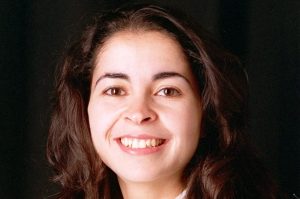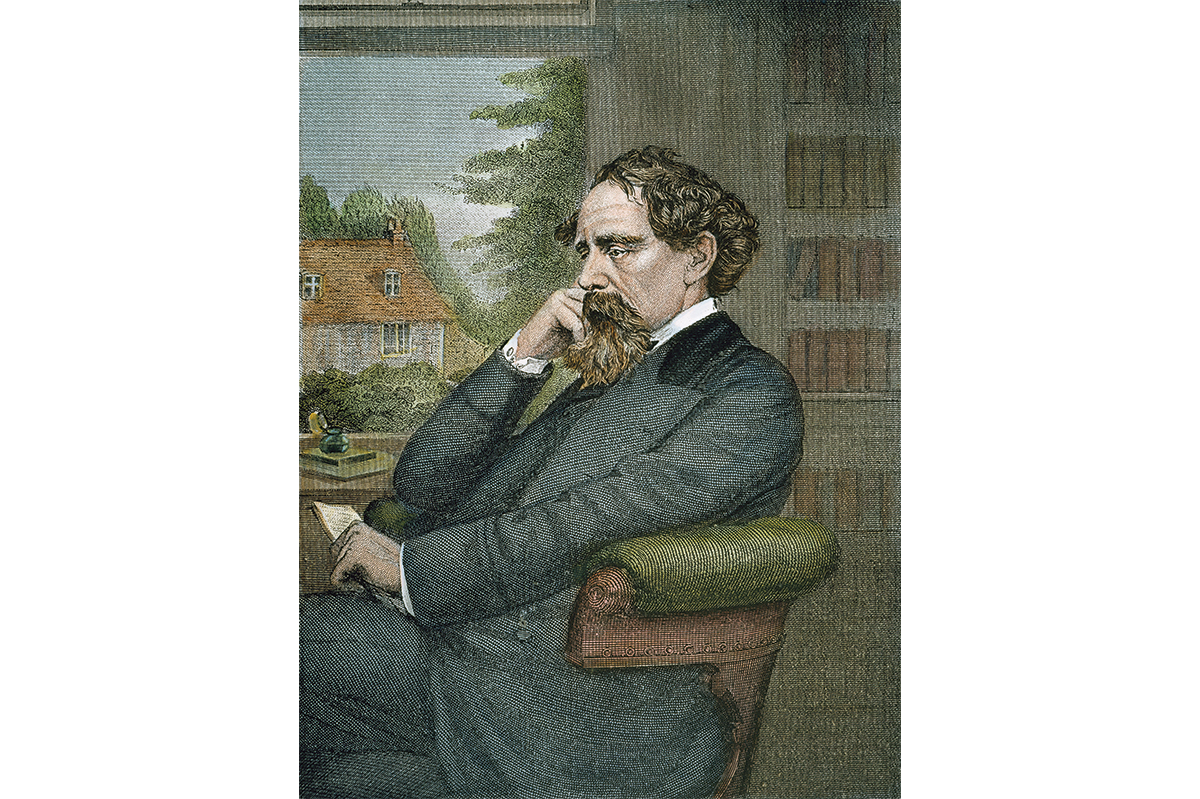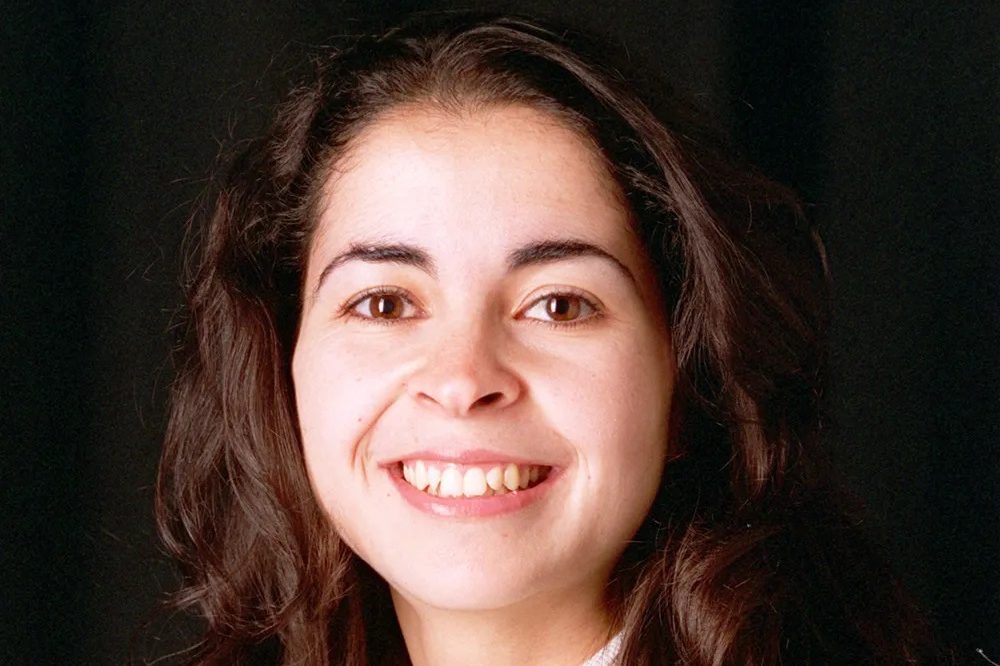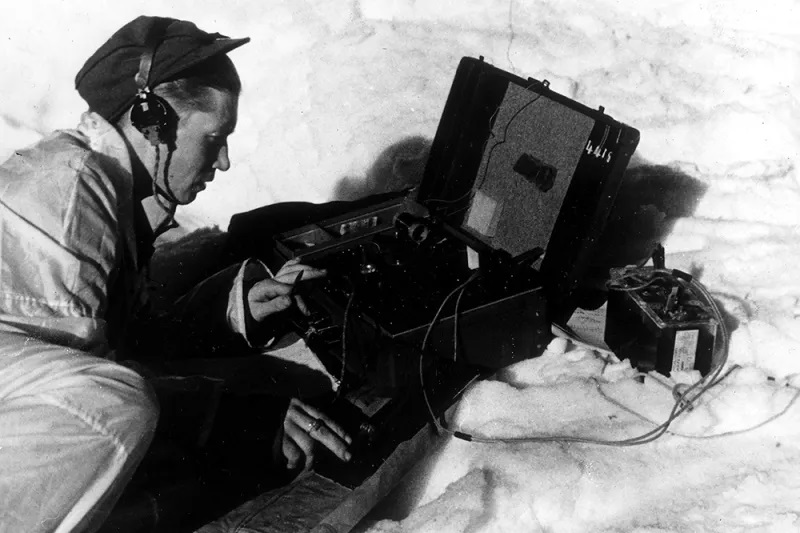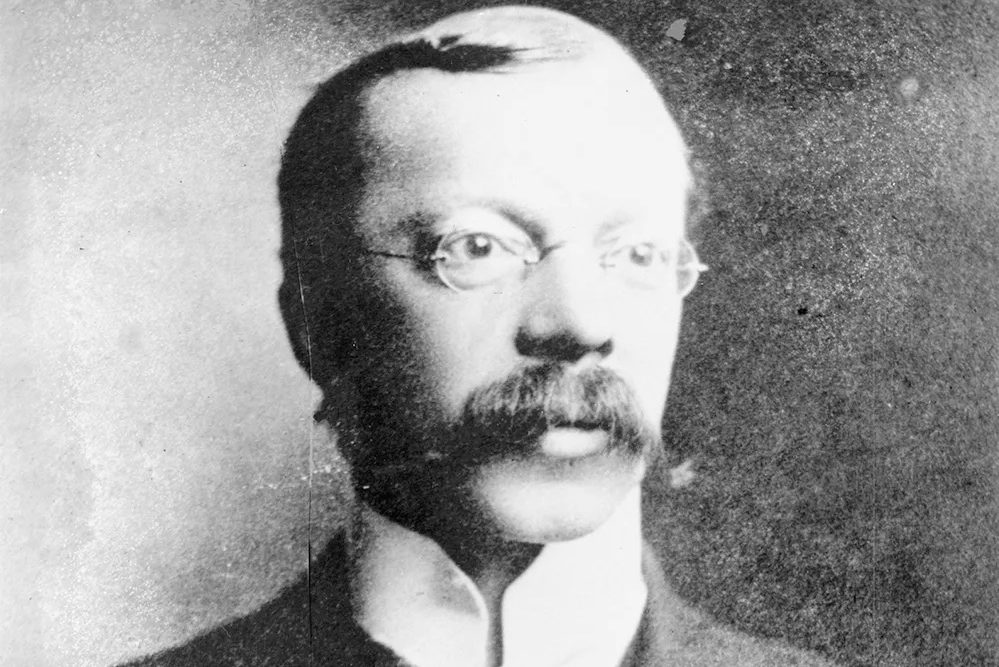When Paul Harding won the 2010 Pulitzer for Tinkers, he was a literary unknown who had all but abandoned hopes of his debut novel getting published until a tiny independent publisher chanced upon it. That story, about George Crosby, a dying clock- repairer who lived in Maine, heralded Harding as a great new voice, championed by Marilynne Robinson, no less.
But huge success brings huge expectations and Harding’s second book, Enon, which returned to the Crosby family and the same New England landscape, lacked the narrative perfection of Tinkers, despite the beauty of the prose as he explored a father’s collapse after the sudden death of his teenage daughter.
For This Other Eden, Harding tries something that is both startlingly different and reassuringly familiar. Most of the novel is set over a few months in 1911 on Apple Island, a “granite pebble in the frigid Atlantic shallows,” across a channel from mainland Maine and up the coast from the tiny town of Enon, Massachusetts. Yes, the very same.
Harding’s fictional island is home to a mixed-race fishing community, inspired by Malaga Island, from which forty-seven residents were evicted in 1912 by the state of Maine. According to the epigraph:
“I think the best plan would be to burn down the shacks with all of their filth,” the Governor Frederick Plaisted told a reporter at the time.
The action centers on the Honey family, descendants of Benjamin, “American, Bantu, Igbo — born enslaved — freed or fled at fifteen, only he ever knew,” and Patience, a Galway girl, who arrived in 1793 with little more than a bag of tools and some apple seeds. By 1911, there are five Honeys: Esther, the “rawboned grandmother” who smokes mugwort in her clay pipe and drinks tea, “black as oil, smelly as tar”; Eha, Esther’s son, who is also her brother (her father forces himself on her); and Eha’s children, Ethan, Charlotte and Tabitha.
Esther, who is well versed in the Bible and Shakespeare, knows their other Eden is not long for this world after an old, white missionary called Matthew Diamond starts coming each summer to teach the children. “Soon enough, Pharaoh will come after us, like he always does,” writes Harding, who slips in and out of each character’s perspective.
The novel is heavy with biblical imagery, often too heavy, and the premise that Apple Island is to the Honeys what the ark was to Noah’s family is labored. “She knew how holy it was that only one family went into the ark and came forth from it. And she knew how terrible it was, too,” as Esther puts it. Yet Harding writes with the virtuosity of an orchestra conductor, mixing sentences of vastly varying lengths in the way a maestro brings in different sections of his ensemble. The effect can be dizzying: when Esther describes a hurricane that struck in 1815, the prose is furious with the storm’s kinetic energy. If at times he is guilty of overwriting, he is always a delight to read.
By sticking to one geography and some overlapping characters (there are no Crosbys, but another family, the Hales, makes reappearance), Harding invites comparisons with authors such as William Faulkner, Robinson and even Elizabeth Strout. If he appears to be writing stories here that aren’t his to tell, that is missing the point. This Other Eden is as much about those who prompted the eviction of the Apple Islanders and their prejudices, and begs to be widely read.
This article was originally published in The Spectator’s UK magazine. Subscribe to the World edition here.












